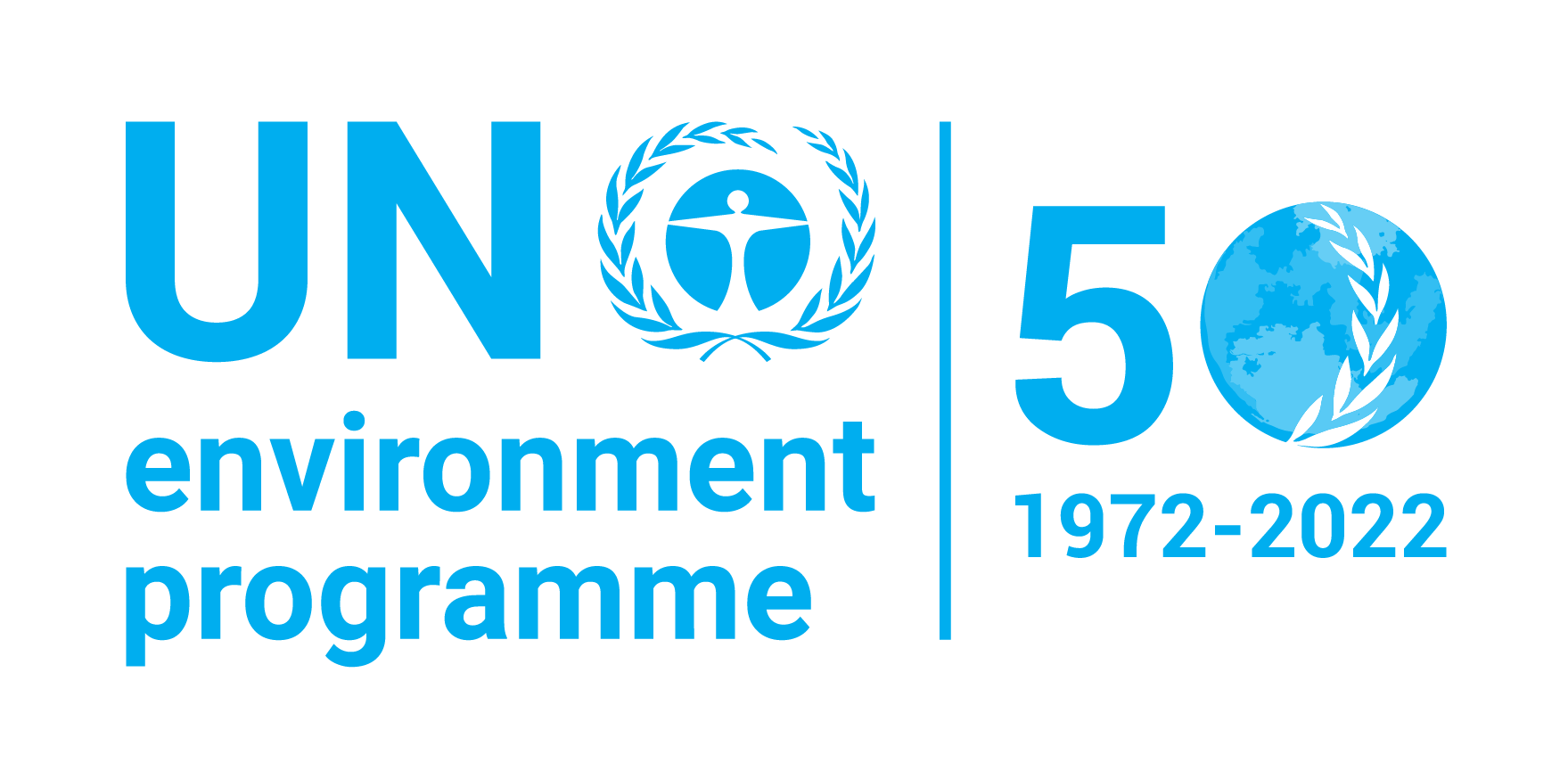| dc.contributor | Ecosystems Division | en_US |
| dc.contributor.author | United Nations Environment Programme | en_US |
| dc.date.accessioned | 2019-05-21T11:28:51Z | |
| dc.date.available | 2019-05-21T11:28:51Z | |
| dc.date.issued | 2019 | |
| dc.identifier.uri | http://hdl.handle.net/20.500.11822/28331 | |
| dc.description | Decisions that affect biodiversity have a key economic dimension. Global capital markets – responding to consumers – will determine in large part whether the Sustainable Development Goals will be achieved by 2030. However, global markets fail when it comes to valuing biodiversity, and natural ecosystems are systematically under-valued and over-exploited. This is primarily because biodiversity is taken for granted, with individuals and firms using it without accounting for the cost of losing it. A new deal for Nature demands that this major market failure is corrected through economic tools reflecting the true value of nature. | en_US |
| dc.format | Text | en_US |
| dc.language | English | en_US |
| dc.rights | Public | en_US |
| dc.subject | BIOLOGICAL DIVERSITY | en_US |
| dc.subject | CAPITAL MARKETS | en_US |
| dc.subject | ECOSYSTEM SERVICES | en_US |
| dc.subject | NATURAL CAPITAL | en_US |
| dc.title | A New Deal for Nature – Account for the True Value of Nature | en_US |
| dc.type | Policy and Strategy Documents | en_US |
| wd.identifier.sdg | SDG 8 - Good Jobs and Economic Growth | en_US |
| wd.identifier.sdg | SDG 11 - Sustainable Cities and Communities | en_US |
| wd.identifier.sdg | SDG 14 - Life Below Water | en_US |
| wd.identifier.sdg | SDG 15 - Life on Land | en_US |
| wd.tags | Biodiversity | en_US |
| wd.tags | Coastal and Marine Ecosystems | en_US |
| wd.tags | Sustainable Development | en_US |
| wd.topics | Ecosystems | en_US |
| wd.identifier.pagesnumber | 3 p. | en_US |


